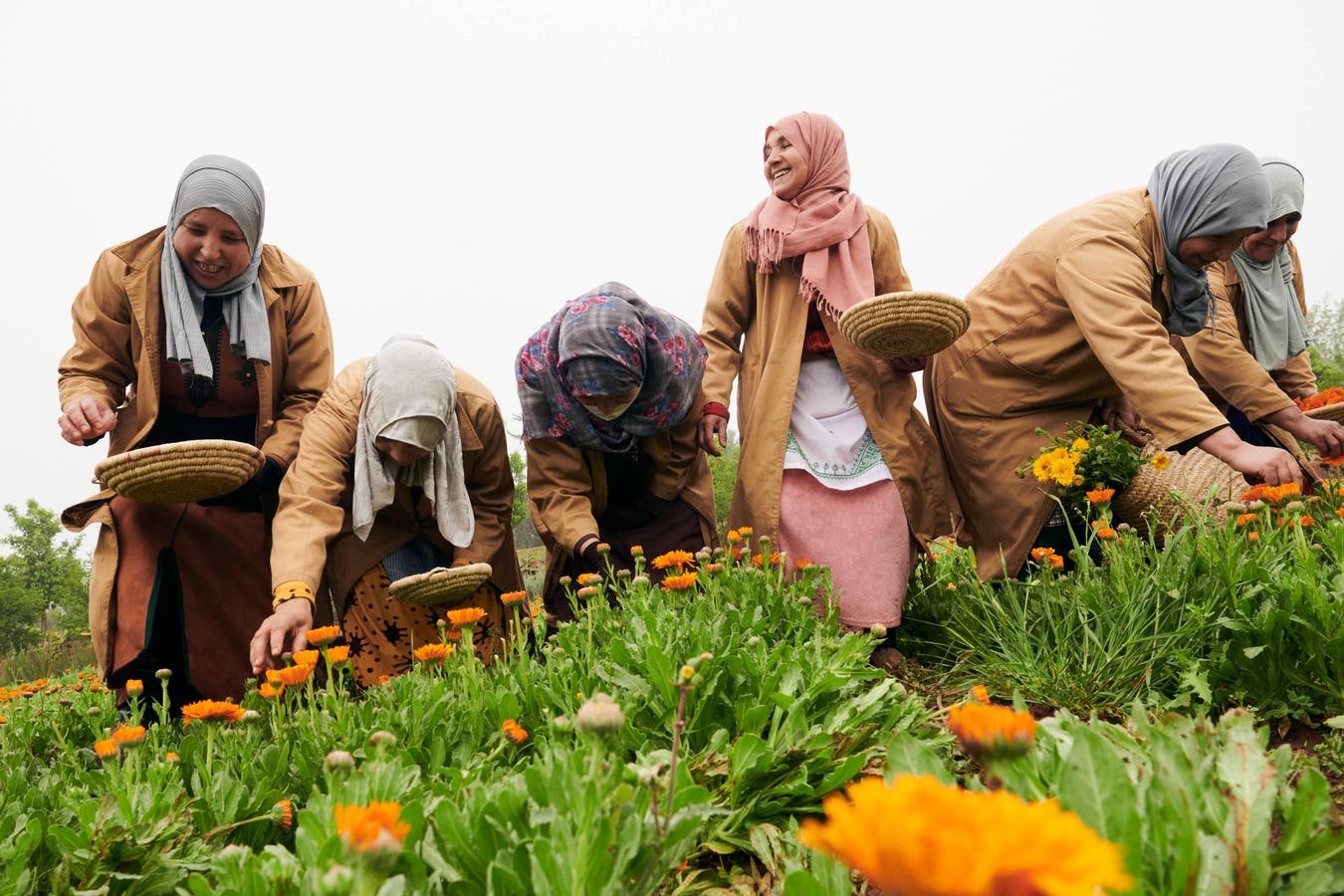L’Oréal’s YSL Beauty is betting big on sustainability. And they’re not just talking about it – they’re actually doing something.
The beauty giant just launched a multi-brand campaign called #JoinTheRefillMovement. Timed for World Refill Day on June 16th, the push includes heavyweights like Lancôme, Prada, and Kérastase. The goal? Get people to actually use refillable products.
Here’s the kicker: 78% of consumers say they want sustainable products. But most don’t know these options exist. That’s a massive gap.
Take YSL Beauty’s new Libre L’Eau Nue perfume. Refilling it cuts glass use by 50%. “That’s a huge impact,” says Caroline Nègre, International Sustainability and Scientific Director.
But YSL Beauty’s real sustainability story isn’t happening in boardrooms. It’s unfolding in Morocco’s Atlas Mountains.
Ten years ago, Nègre traveled to the Ourika Valley looking for saffron. What she found changed everything. Local women could only work two weeks a year harvesting the precious threads. The rest of the time? No income. No independence.
So YSL Beauty did something radical. They created the Ourika Community Gardens.
Construction started in 2019 on two hectares of land. Today, it’s home to 300 plant species. Iris, jasmine, cacti, pomegranate, figs. You name it. But this isn’t just farming. It’s a laboratory.
“When you give trees to a village that’s huge,” Nègre explains. “It means money, food and independence.”
The numbers tell the story. Over 35 million YSL Beauty products now contain at least one ingredient from these gardens. Everything from Loveshine lipsticks to All Hours foundations. That’s serious scale.
The science gets interesting too. The extreme mountain climate stresses the plants. They produce defensive molecules. Result? Stronger concentrations for beauty ingredients. Nature doing the heavy lifting.
For scent creation, master perfumers like IFF’s Carlos Benaim use “headspace” technology on site. They capture jasmine molecules that change throughout the day. Or tuberose that only blooms at night. Real-time extraction.
This tech was crucial for Libre L’Eau Nue – YSL Beauty’s first alcohol-free perfume. Without alcohol’s diffusion boost, Benaim needed to amp up the orange blossom heart note. Headspace extraction let him isolate and dial up specific molecules.
Gen Z ambassador Dua Lipa fronts the campaign. Smart move. This generation spots fake sustainability from space. They want value driven approach but it better be real.
The competition is fierce. e.l.f. beauty and Hailey Bieber’s Rhode which it recently acquired are fighting hard for Gen Z dollars.
But YSL Beauty has heritage working for it. Yves Saint Laurent created Le Smoking in 1966 – giving women the same freedom of movement as men. The brand’s women’s empowerment focus, seen in campaigns like Abuse Is Not Love, runs deep.
Nègre insists these values existed “long before the start of the Ourika Gardens journey.” The Morocco project isn’t greenwashing. It’s an extension of what the brand already stood for.
The Ourika Gardens also serve as a testing ground. Successful techniques get scaled to other communities. Regenerative practices. Mixed species planting. Water retention strategies. Knowledge sharing that creates ripple effects.
L’Oréal Group is clearly banking on sustainability as a differentiator. The Group knows the trend lines. Younger consumers want purpose with their products.
The question is whether other beauty brands can match this level of investment. Creating supply chains from scratch takes time. And money. YSL Beauty started this journey a decade ago. They’re now seeing the payoff.
For an industry often criticized for superficial sustainability claims, the Ourika project offers something different. Real impact in real communities. With real science backing it up.
Whether consumers will pay attention remains to be seen. But YSL Beauty is betting they will. In a crowded marketplace, authentic purpose might just be the ultimate differentiator.



